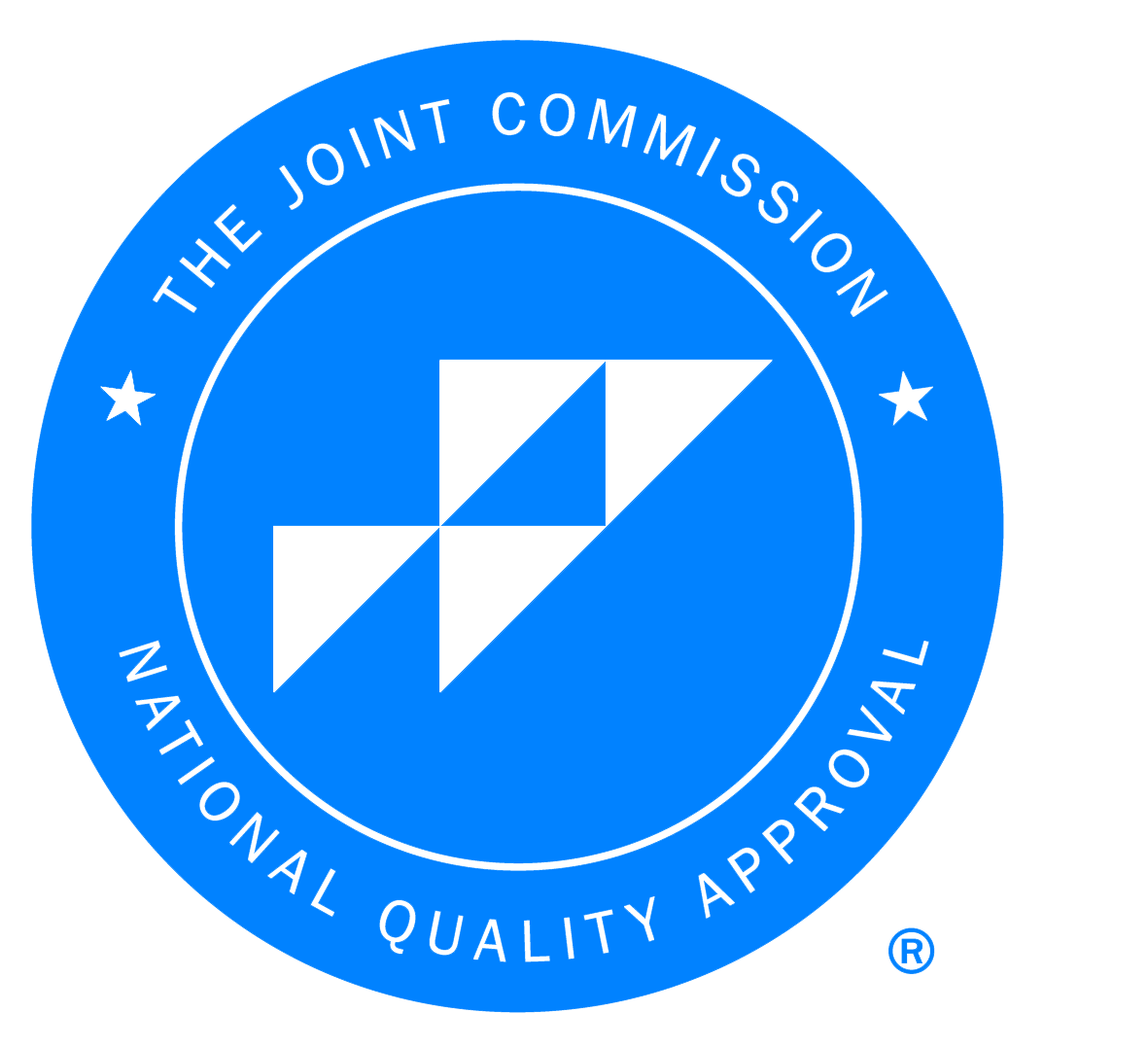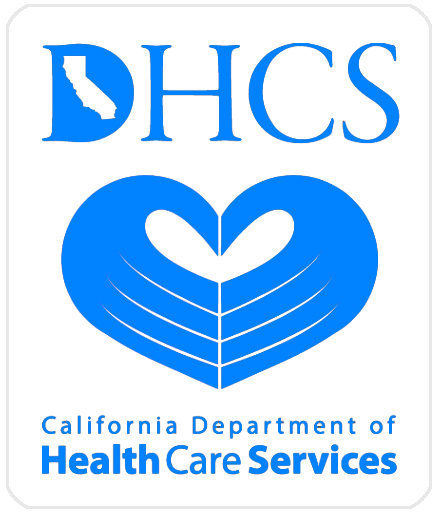Opioids Detox
What Are Different Types of Opioids?
Opioids include several types of drugs, including naturally occurring opioids that are derived from the opium poppy plant, synthetic opioids, and semi-synthetic opioids. Primarily used for their analgesic properties, opioids target specific receptors in the brain and spinal cord to relieve pain and generate feelings of euphoria. Natural opioids include morphine and codeine. They come directly from the poppy plant. Semi-synthetic opioids like oxycodone and hydrocodone are partially chemically modified from natural compounds. Synthetic opioids including fentanyl and tramadol are entirely man-made.
What Does It Look Like?
Opioid drugs come in various forms, including pills, powders, crystals, and liquids. Prescription medications are often in pill form, varying in color, shape, and markings. Illicit opioids like heroin or fentanyl may be found as powders of different colors or as liquids in some cases.
Who Uses It?
Opioid use spans across various demographics, including people suffering from chronic pain seeking medical relief and those engaging in recreational misuse for the euphoric effects. Unfortunately, addiction can develop in some cases, leading to continued use and associated risks.
How Does It Make You Feel?
Opioids can induce various feelings and sensations, primarily depending on the dosage, individual tolerance, and other factors. Generally, opioids produce feelings of euphoria, pain relief, and relaxation.
How Long Does the Feeling Last?
The duration of opioid effects varies widely depending on factors such as the type of opioid used, the dose, the user’s metabolism, and whether the drug is taken orally, injected, snorted, or smoked. Generally, the feelings produced by opioids typically last for a few hours.
Is It Addictive?
Absolutely. Opioids carry a high risk of addiction. Continued use or abuse can result in physical dependence and addiction. Over time, tolerance may develop, which means you need higher doses to achieve the same desired effects. Breaking the hold of opioid addiction can be challenging without professional help. At New Life Recovery, we recognize the difficulties you face and are committed to supporting you in safely and comfortably overcoming the cycle of addiction.
Is It Dangerous?
Opioids present significant dangers, including the possibility of respiratory arrest, overdose, and death. Illicitly sourced opioids, particularly those mixed with powerful additives like fentanyl, increase the likelihood of severe, life-threatening complications.
What Are The Long-term Effects of Using Opioids?
Long-term opioid use can have profound negative effects on your physical health, mental well-being, and overall quality of life. These effects include physical dependence, where your body relies on opioids for normal function, leading to withdrawal symptoms if you stop using them. Tolerance can develop over time, requiring higher doses for the same effects, increasing the risk of overdose. Addiction is a significant risk, marked by compulsive drug-seeking behavior despite adverse consequences. Ironically, opioids may worsen chronic pain conditions. Respiratory depression, gastrointestinal issues, hormonal imbalances, cognitive impairment, mental health disorders, and social and economic consequences are also associated with long-term opioid use, highlighting the complexity and seriousness of opioid addiction.
Signs & Symptoms of Opioid Abuse
The symptoms of opioid abuse can vary somewhat based on the type of opioid, but there are some common indicators, including:
- Constricted pupils
- Drowsiness or sedation
- Slowed or shallow breathing
- Needle marks (if injecting opioids)
- Poor coordination
- Nausea or vomiting
- Constipation
- Weight loss or changes in appetite
- Chronic itching
- Flu-like symptoms during withdrawal
- Changes in behavior, mood swings
- Social withdrawal or isolation
Not everyone will display all these signs, but when several are present, it may be an indication of opioid abuse or addiction.
Benefits of Opioid Detox Program
Attending opioid detox at New Life Recovery brings numerous benefits. Our experienced medical staff oversees the process, ensuring your safety and comfort. The structured environment eliminates access to opioids, lowering your risk of relapse. Our therapies and support offer emotional aid, addressing the challenges of addiction. Additionally, our detox program serves as a vital step toward continuing addiction treatment, helping you smoothly transition into continued care and support on your path to recovery.
Where Can I Find Help, Treatment, and Support?
Typically, opioid addiction is best addressed through inpatient programs featuring medically supervised detox. If you’re struggling with opioid dependence, whether from prescription or illegal sources, it’s likely that you’ll need professional assistance to break free from the addiction. At New Life Recovery, we offer tailored detox programs to support your journey toward recovery, providing the personalized care you need to begin your path to healing.
How To Pay For Opioid Detox Program
Affording addiction treatment can be a worry for those dealing with opioid addiction. Yet, there are multiple avenues to fund treatment. The professionals at New Life Recovery can help you find the best financial solution for your detox program. Reach out to us today to learn more about your options.


